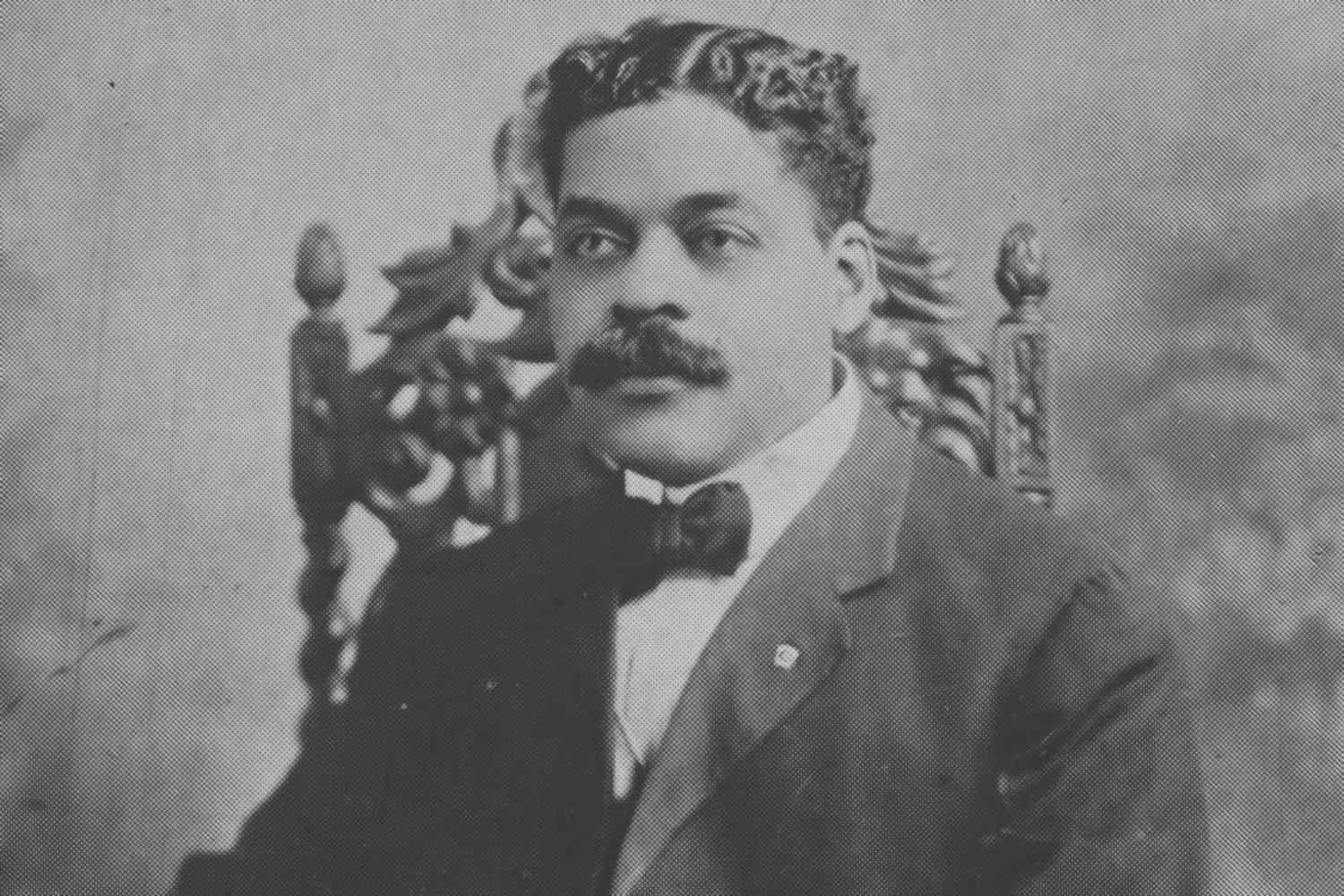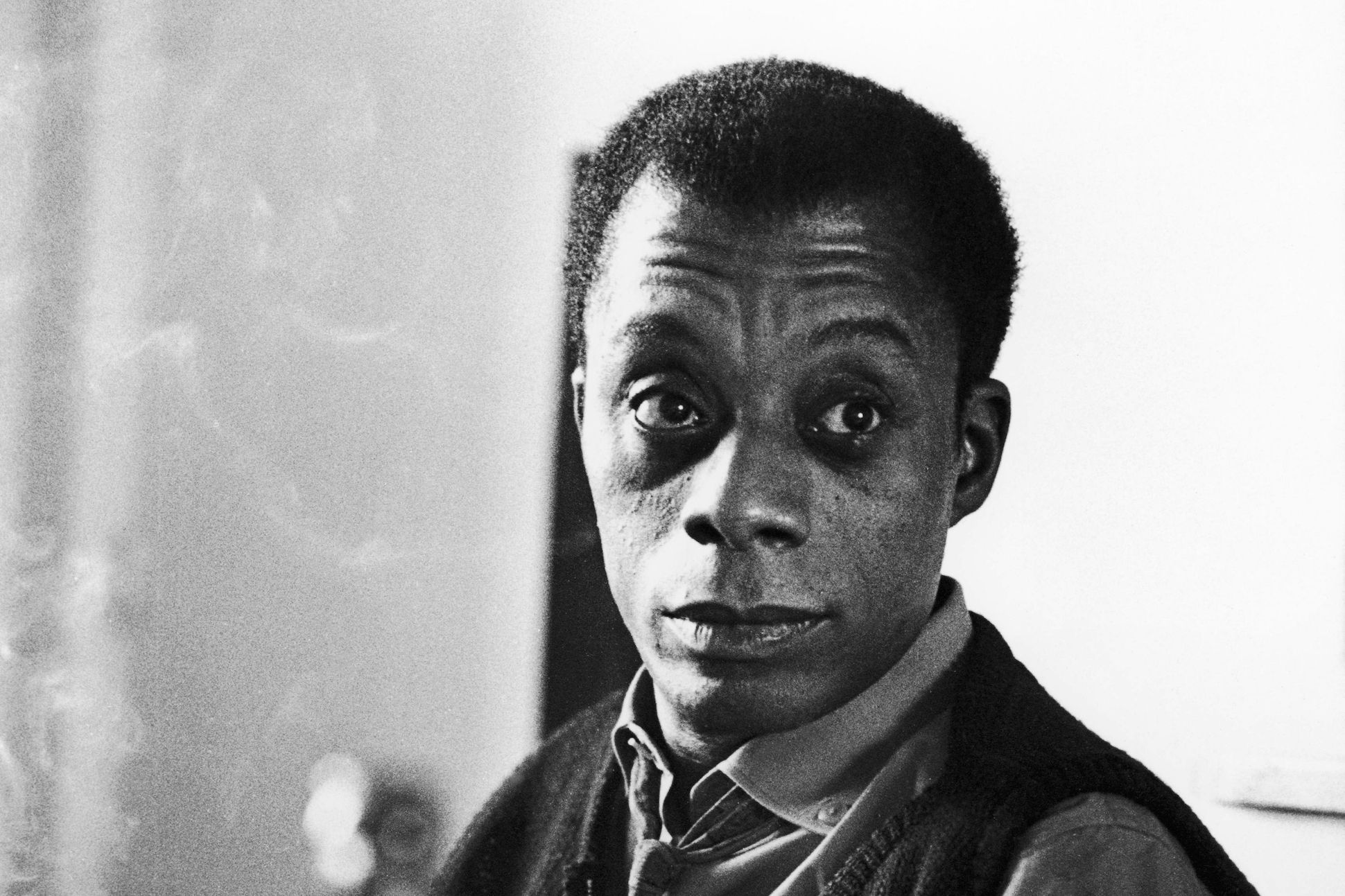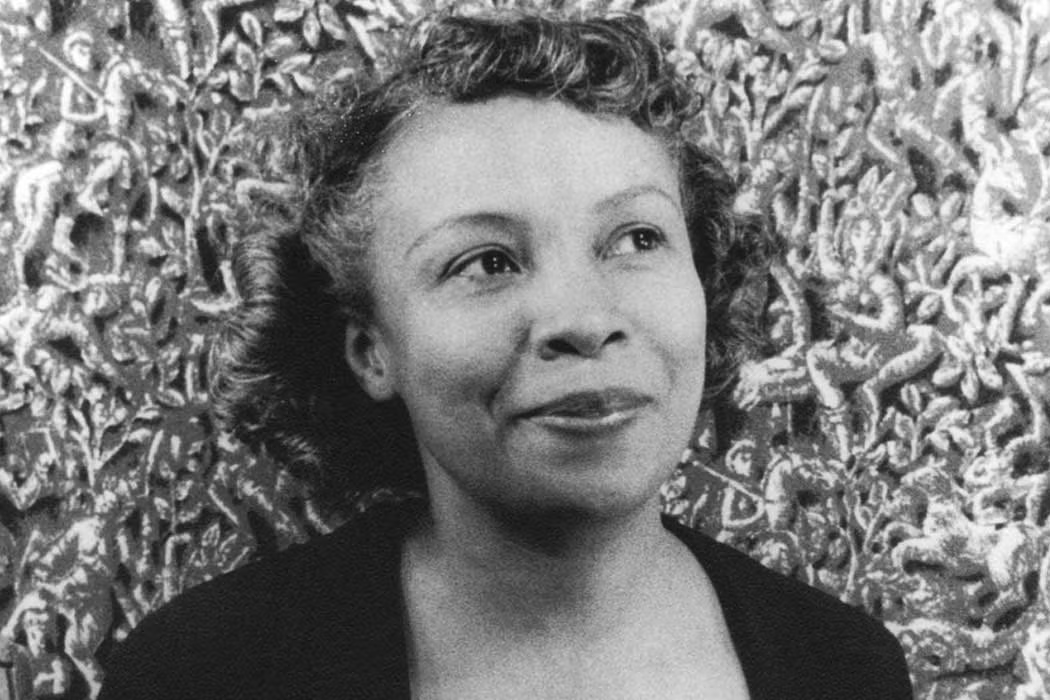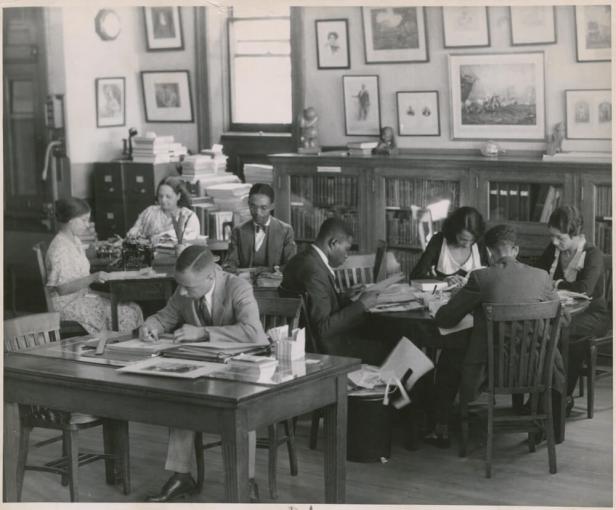Turning Pages, Keeping Roots
Who is Arturo Alfonso Schomburg?
Arturo was a writer, activist, and a pivotal figure during the Harlem Renaissance. Born in 1874 in Santurce, Puerto Rico, to a black mother and a white father, Schomburg unfortunately still had to deal with racism and judgment. One of the moments in his life that inspired him to become a bibliophile was when his 5th-grade teacher told him that black people have “no history, no heroes, and no great moments,” this fueled him to be the person he was to inspire others.

Arturo Alfonso Schomburg sitting for a portrait taken by an unknown photographer. Circa 1920s-30s.

What is a Bibliophile?
In simple terms, a bibliophile is someone who collects books just for the love of them or for a certain reason. In this context, the reason would be to preserve history. Besides Mr. Schomburg, a lot of prolific black historical figures were bibliophiles. This could be due to them being the offspring of former enslaved people. James Baldwin is known for being a bibliophile who expresses himself and helps with his own writings. Today, we can see that his love of books, in a way, helped pass down the oral history of Black America in the Roaring ’20s.
Dorothy Porter Wesley
To illustrate the other side of bibliophiles, Dorothy Porter Wesley is a huge example of a “hidden figure” especially for HBCUs. Graduating from Howard University in 1928, and becoming the first black woman to graduate from Columbia University’s School of Library Science (“CONTENTdm” 2025), she made a huge impact on the Black Studies program specifically at Howard University. Wesley managed to turn the Moorland-Spingarn Research Center from a one-room office to an entire library for students and those who want to educate themselves.

How can Bibliophiles help preserve history?
Bibliophiles arguably have one of the most important jobs, especially when it comes to black history. History can come in so many different variations when it comes to literature. Whether it is a book filled with notes and letters from enslaved people or classic books that we see getting banned today, like Beloved by Toni Morrison, it is still history. Bibliophiles take these books and make them more accessible to the public but also keep them safe from getting into the wrong hands and possibly being destroyed. The 3 examples given have performed history as well as produced history. Focusing on Wesley and Schomburg, they has influenced generations of library scientists and archivists by influencing their research and making sure that marginalized voices were included in historical discourse.

Bledsoe, Kara. 2018. “What Dorothy Porter’s Life Meant for Black Studies – JSTOR Daily.” JSTOR Daily. August 22, 2018. https://daily.jstor.org/what-dorothy-porters-life-meant-for-black-studies.
“CONTENTdm.” 2025. Broward.org. 2025. https://digitalarchives.broward.org/digital/collection/p16146coll37.
https://www.facebook.com/thoughtcodotcom. 2020. “How Did Arturo Schomburg Preserve African-American History?” ThoughtCo. 2020. https://thoughtco.com/arturo-alfonso-schomburg-biography-45207.
“Schomburg Collection, New York Public Library.” 1968. Rockefeller Brothers Fund. January 3, 1968. https://www.rbf.org/about/our-history/timeline/schomburg-collection-new-york-public-library.